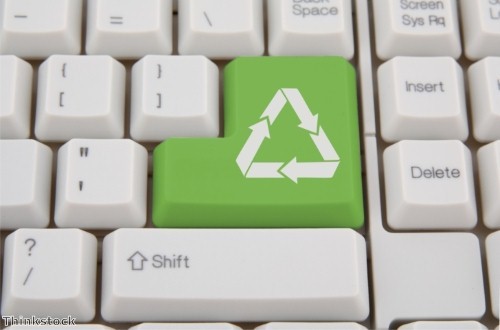The Ins And Outs Of Eco-labels On Various Products

Green living is a prevalent trend in today's society. This phrase, along with terms such as sustainability, conservation, organic, fair trade and several others have become buzzwords in the popular and social lexicon, and the practices associated with these concepts are now quite common.
However, because of the ubiquitous nature of these ideals, you might find it more than a little bit confusing to figure out exactly what products and services are actually "walking the walk," so to speak, regarding green and sustainable principles.
Those in the former category are required to have been evaluated by an agency of a country's government - or a reputable non-profit organization - and officially designated as being organic, eco-friendly or produced according to the accepted tenets of fair trade. These agencies and organizations, in many instances, differ depending on what country you are living in, though some are recognized globally.
In the United States, organic food items must be officially certified as such by the U.S. Department of Agriculture (USDA). If you find yourself at the supermarket examining food that claims to be "organic" but lacks the official seal of the USDA, it may not formally conform to the established standards of that agency, and therefore might not be what you're looking for. Other governments with agencies serving similar purposes include the European Union, Japan, Australia, Germany and Canada.
For fair trade, the same principles apply. Only products bearing the official Certification Mark of Fair Trade or Fair Trade International are legitimate.
Similarly, agencies like the U.S. Environmental Protection Agency (EPA) or nonprofit organizations like Green Seal offer certification for items - cleaning products, for example - that are free of toxic or atmospherically damaging substances. The EPA uses the Design for the Environment label for this purpose, while Green Seal simply uses its name.
When looking for organic or green products, do you have a hard time finding them?
